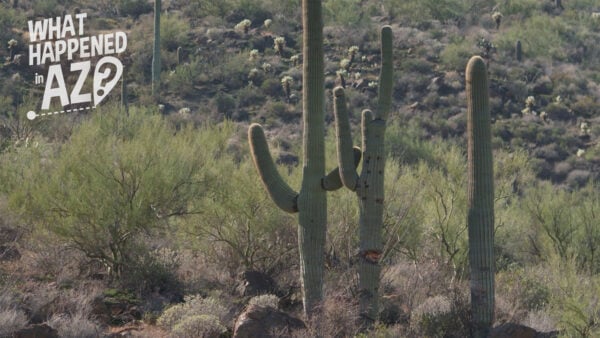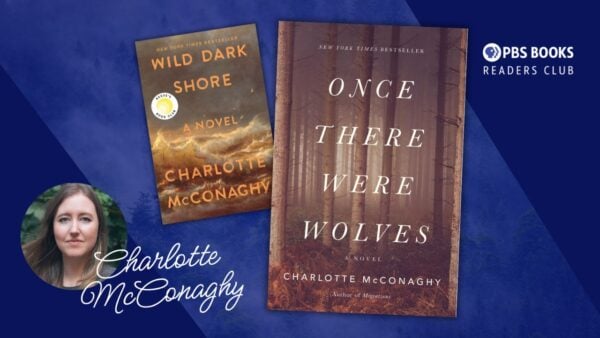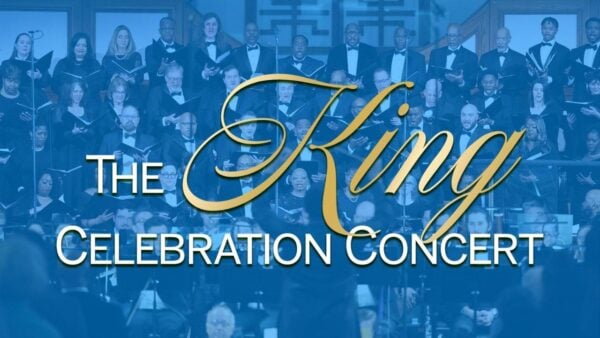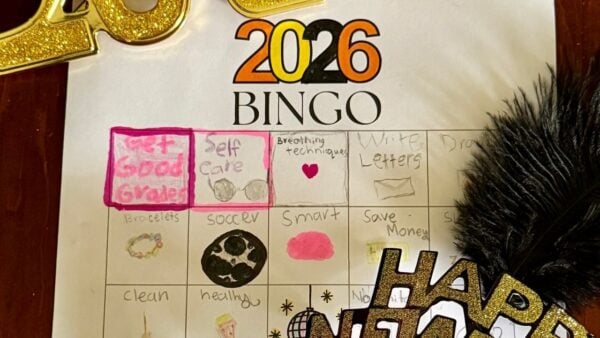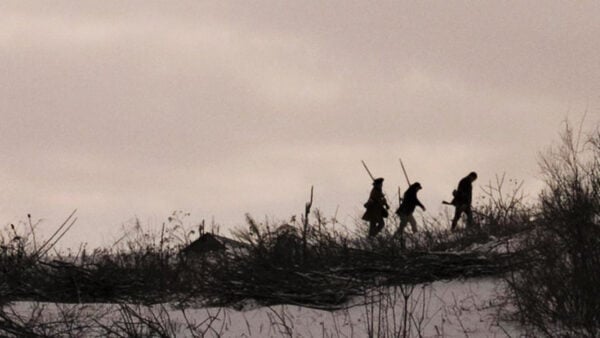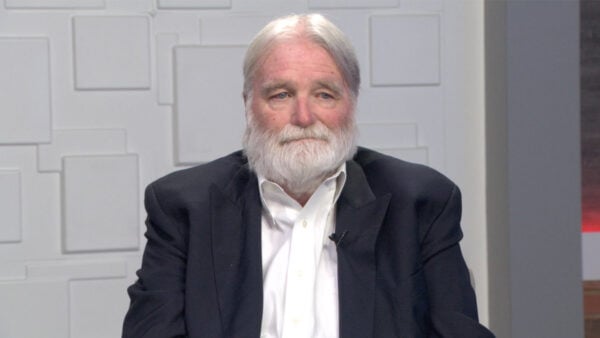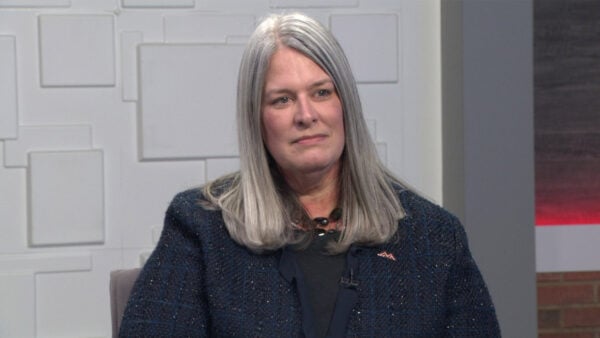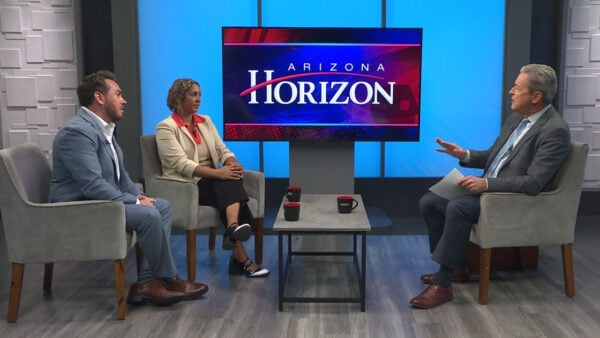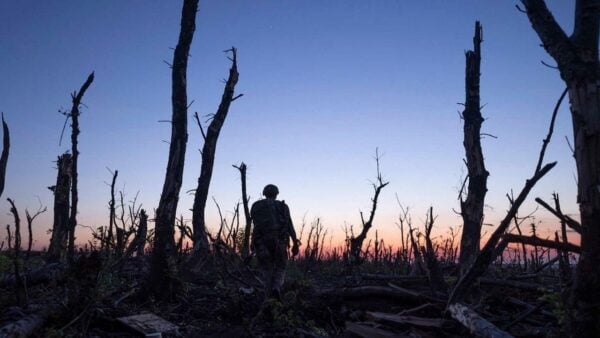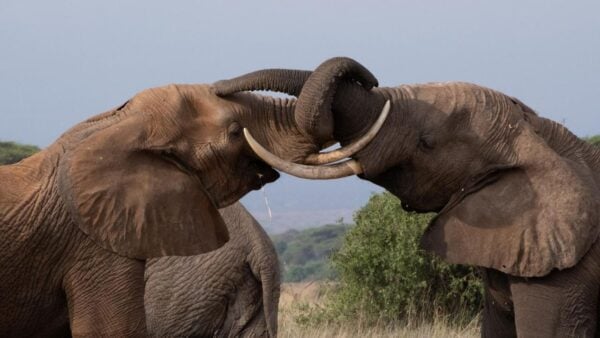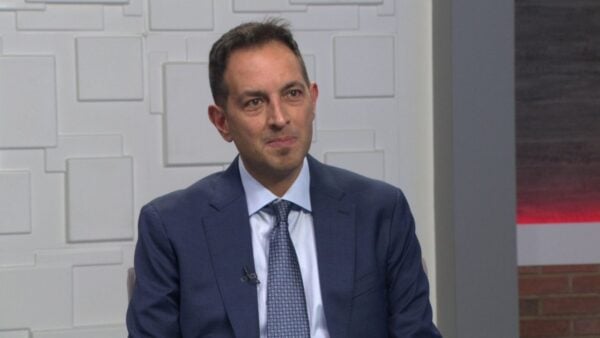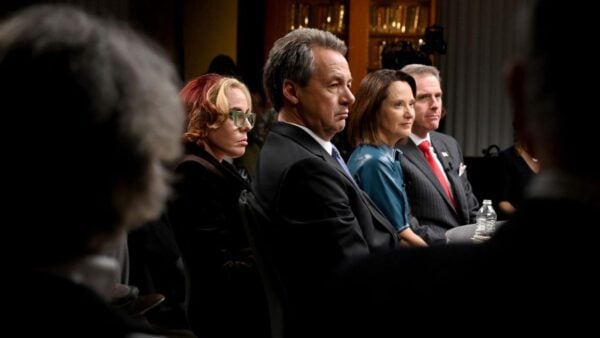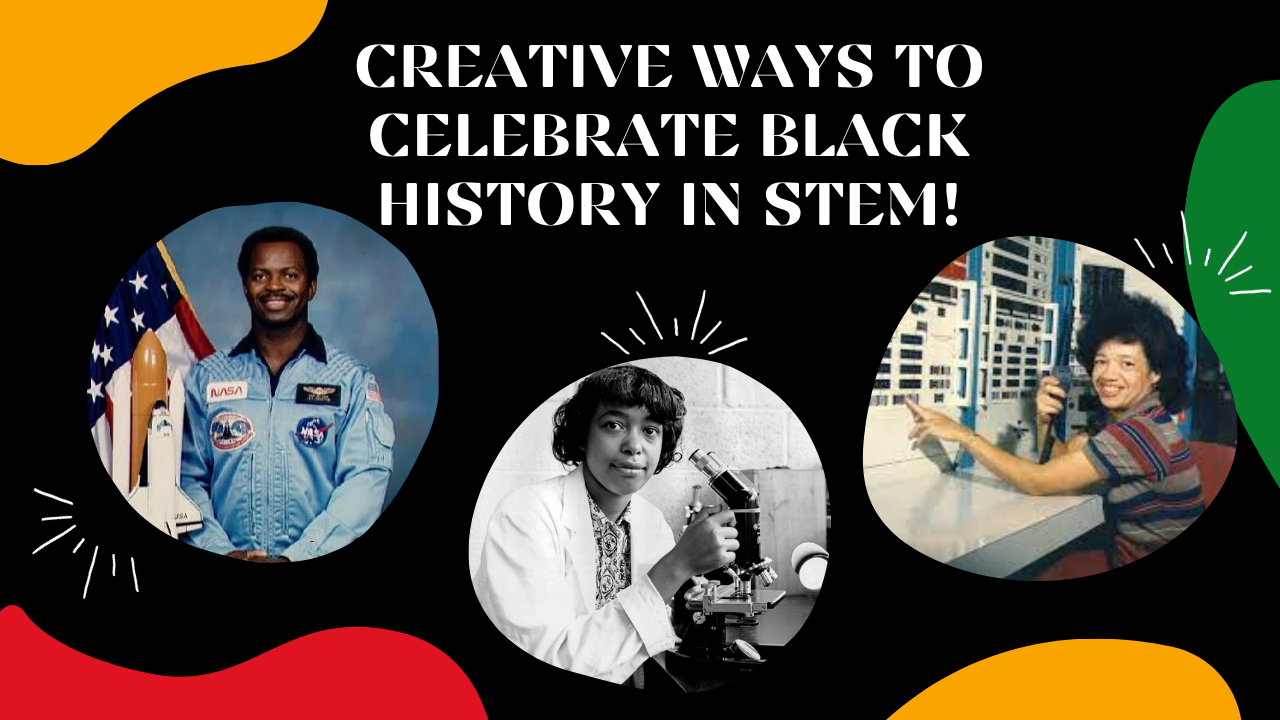
Creative ways to celebrate Black history in STEM
Feb. 10, 2023
It’s Black History Month, Superheroes! Please join me in celebrating the achievements and contributions of Black scientists while also honoring the immortal gifts we’ve received as a result of their efforts past and present. Here are engaging ways to teach the triumphs and tribulations of African Americans throughout STEM history.
Celebrate Black scientists
Patricia Bath, Ronald E. McNair and Christine Darden (pictured above) are just a few of the many African American scientists and engineers who have had lasting impacts on science, technology, engineering and math. To learn more about these scientists and others, explore relevant STEM career profiles and find hands-on science projects to enhance learning. Download the STEM Careers worksheet to further increase student engagement.
Feeling inspired to learn about the Black scientists making history in Arizona? Dr. Meskerem Glegziabher, clinical assistant professor at Arizona State University’s School of Human Evolution and Social Change, has shed light on the forgotten history of African Americans in the Southwest. Check out her ASU News interview here.
In 2021, Dr. Michael Johnson, an assistant professor in the Department of Immunobiology at the University of Arizona, was named one of 1,000 Inspiring Black Scientists in America. When Dr. Johnson is not investigating how bacteria interact with metals during infections, he is sharing his passion for science and community outreach on Twitter. Learn more about Dr. Johnson’s accomplishments, and visit his Twitter account, too.
History was made in September of 2021 when Dr. Sian Proctor became the first African American woman to pilot Inspiration4, the first all-civilian mission to space. Dr. Proctor, a geology professor at South Mountain Community College, strives to inspire those around her to create art while ensuring a welcoming, supportive environment, both in and out of the STEM field. Learn more about Dr. Proctor’s out-of-this-world story here.
Black STEM history lesson plans
It is almost impossible to celebrate Black History without honoring the immortal legacy of Henrietta Lacks. In 1951, Henrietta was diagnosed with cervical cancer and underwent radiation treatment at Johns Hopkins Hospital. This was one of the very few hospitals to treat African Americans during this time period. While she succumbed to this terrible disease, cells from her tumor were taken, without consent, and later became one of the most paramount tools in medicine.
HeLa cells, as they are referred to, have been used for over 70 years for advancements in the field of medicine, including the Polio and COVID vaccines and treatments for AIDS, Parkinson’s disease and Sickle Cell Anemia. Check out this lesson plan to show your future scientists how Henrietta has saved over 10 million lives.
Looking for lesson plans and activities related to other STEM fields? Learning for Justice provides free educational resources like articles, webinars and films to promote justice and counter hate in the classroom and the world.
Challenge your tactile learners to honor the work of June Bacon-Bearcy by designing weather instruments using household items. Students can also jumpstart their aviation careers by building their own paper airplane models that are similar to the planes flown by Bessie Coleman. Find more engaging activities to celebrate Black History Month here.
As we honor Black Scientists and their extraordinary contributions, it is my hope that our future scientists can draw inspiration from these brilliant leaders and trailblazers. Be sure to celebrate Black History Month outside of the classroom by attending FREE events hosted at Maricopa Community Colleges or around the Phoenix Metropolitan area.
What are other ways to celebrate and recognize Black scientists? Let us know on Arizona PBS KIDS on Facebook.
About the author
Ashley Burkart is a Senior STEM Teacher at Bioscience High School in Phoenix. STEM research was her first passion as she holds a Masters in Biomedical Science from Midwestern University. When she isn’t teaching tomorrow’s leaders, she is either hanging out with her dogs, Raven and Bailey, or hiking the beautiful mountains of Arizona.

